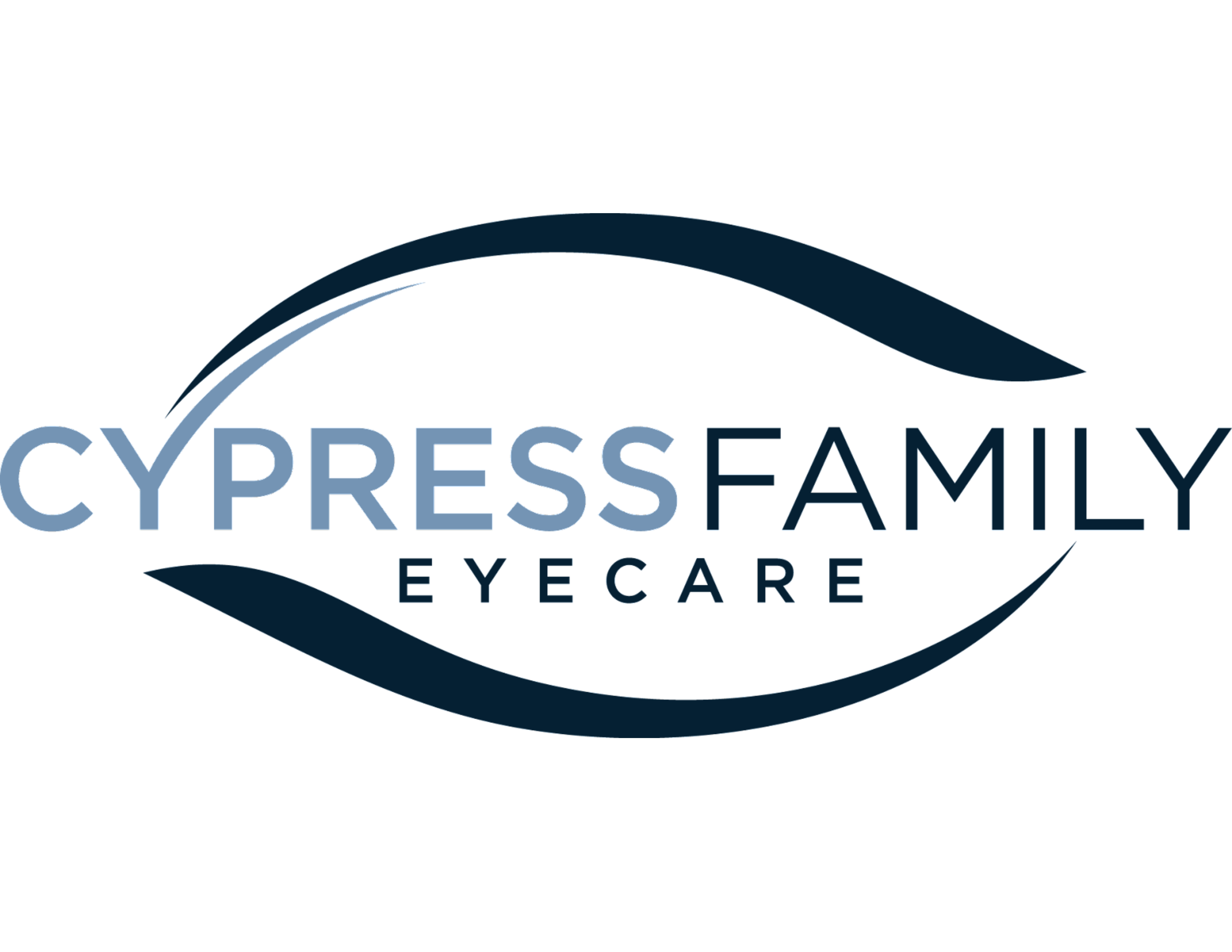FREQUENTLY ASKED QUESTIONS
General Questions
Office Hours
Monday 8:30 AM – 5:30 PM
Tuesday 8:30 AM – 5:30 PM
Wednesday 8:30 AM – 5:30 PM
Thursday 1:00 PM – 7:00 PM
Friday 8:30 AM – 5:00 PM
Saturday & Sunday Closed
Located In front of the Sun Auto Sports Complex
Cypress Family Eyecare
16700 House Hahl Road, Building 7
Cypress, Texas 77433 (MAP)
Your eye health is important to us and we will usually be able to schedule your appointment within a couple of days. If you have an emergency, we will always see you on the same day.
We accept most major insurance plans, including the following: Aetna, BCBS, Benefit Planners – UMR, Champva, Cigna, Great West, Guardian, Medicare, Metlife, PHCS, TriCare PPO, Unicare, United Healthcare, VSP.
Don’t see your insurance company? Don’t worry!
We offer a courtesy discount for the non-participating insurance plans:
- Aetna Vision
- UHC Vision
- Spectera
- Humana
- Davis Vision
- Eyemed
- Blue View
Please call 281-550-4141 to see if we accept your insurance. We would be happy to assist you.
With our in-house lab, we can often create glasses the same day. However, special lens orders will usually take about one week. Our contact lens patients will receive one free trial pair of lenses and orders will usually be shipped within 3-4 days.
We have hundreds of frames from which to choose. Additionally, our frames are updated frequently, so you can be sure that your frames will represent the latest eyewear trends. Come see for yourself!
Adult Eye Care
Yes, we do recommend having your eyes checked annually. During our comprehensive exam, not only will your vision be tested, but we will screen for eye conditions such as glaucoma, macular degeneration, and cataracts. Additionally, Dr. Oevermann will look for indications within the eye of high blood pressure, diabetes and cancer. As you can see, yearly exams are critical in maintaining eye health and can even assist with discovering other health conditions. Even those with 20/20 vision can benefit from an annual eye exam.
At Cypress Family Eyecare, we take pride in our examinations and customer service. We may not be the least expensive, but the value gained from our services cannot be beat. If you ever have any issues with your glasses or contact lenses, we are just a phone call away and would be happy to help you. We will work hard to make sure that you are completely satisfied!
Many eye conditions can have symptoms similar to pink eye (conjunctivitis) – red, irritated eye. Determining if you have pink eye is best decided at the doctor’s office. As a trained professional, Dr. Oevermann can determine if you have pink eye or another eye condition. Treatment varies for treatment of pink eye versus other eye conditions. Since bacterial conjunctivitis can be highly contagious, it is important to see Dr. Oevermann as quickly as possible to begin proper treatment.
Reoccurring headaches can be the result of a number of conditions. Often, they can simply be the result of an incorrect or uncorrected vision prescription. Unfortunately, they can also signal a vision-threatening or even life-threatening condition. If you are experiencing frequent headaches, schedule an appointment with Dr. Oevermann or your primary care provider right away.
If you are over 40, you have probably noticed that your eyes have changed. Presbyopia is the normal, age-related loss of near focusing ability. This usually becomes a problem in our 40s and requires new vision correction options: reading glasses, progressive lenses, bifocals and trifocals, multifocal contact lenses, multifocal eyeglasses, etc. Some age-related eye changes are normal. However, some changes may signal a disease like macular degeneration, glaucoma, or cataracts. It is important to maintain a regular eye exam schedule so that Dr. Oevermann can help to ensure your eyes remain healthy.
Pediatric Eye Care
As per the American Optometric Association (AOA), infants should have their first comprehensive eye exam at six months of age. After that time, children should have routine eye exams at age 3 and then just before they enter kindergarten or first grade. If no vision problems are detected, the AOA recommends an eye exam every two years. If correction is required, an eye exam should be performed annually.
Yes! School vision screenings are designed to catch major vision problems. Children can pass a vision screening at school and still have vision problems that may affect their learning and school performance. A comprehensive exam performed by Dr. Oevermann can detect vision problems that a school screening may miss. Additionally, the comprehensive exam would include an overall evaluation of your child’s eye health, which is not a part of the school screening.
Physically, a child’s eye can handle contact lenses at a very young age. The important question to ask is whether or not your child is mature enough to insert, remove and take care of the contact lenses. A good indicator of maturity may be how they handle other responsibilities at home. If they handle things well and are responsible around the home, they may be a good candidate for contact lenses. However, if they need frequent reminders to perform everyday chores, they may not yet be ready to handle the responsibility of wearing contact lenses.
An up-to-date pair of glasses are still required if your child chooses to wear contact lenses. Contact lenses should be removed at least an hour before bed to allow the eyes to “breathe.” Additionally, there may be times when your child doesn’t want to wear contacts.
Ultimately, the decision to wear contacts should be your child’s choice and not yours. If you wear contact lenses yourself and love them, this does not mean it is the right choice for your child. Some children like wearing glasses and have no desire to wear contact lenses. It is usually just a matter of timing. We often see children that do not want to wear contact lenses and then a year or two later, they do. There’s always time to make the decision to wear contact lenses.

